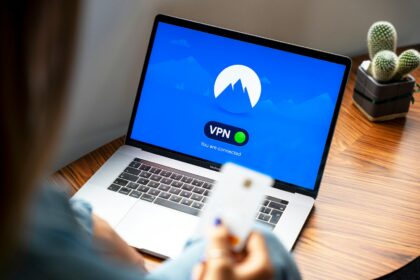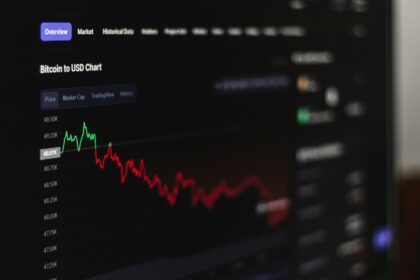Get ready for some truly alarming news. Cybersecurity experts have just confirmed what could be the largest data breach ever seen. An unbelievable 16 billion login credentials, including your passwords, have been exposed. This is not a drill. It’s a huge deal for everyone who uses the internet.
The sheer scale of the problem
If you remember the big leak in May that affected 184 million accounts, prepare yourself. This new discovery is far, far bigger. Researchers have found a shocking 16 billion compromised records. That number is so large it’s hard to grasp. Take a moment to think about it: 16 billion.
The team at Cybernews, led by analyst Vilius Petkauskas, has been investigating this massive breach. They found this enormous amount of data. It was spread across 30 different datasets. Some of these datasets held more than 3.5 billion records each. This is truly unprecedented.
How did this happen?
Experts believe these passwords were stolen by something called infostealers. These are types of malicious software. They quietly infect devices. Then, they collect sensitive information like your usernames and passwords. This data often ends up being sold on the dark web. Criminals buy it for a very small amount of money.
What makes this leak so worrying? Most of this data is brand new. It hasn’t been seen in previous breaches. This isn’t just old information being recycled. It’s fresh, dangerous data. The leaked information often includes a URL, your login name, and your password. This makes it incredibly easy for criminals to use.
What kind of accounts are at risk?
The leaked data covers a huge range of online services. We are talking about major platforms like Apple, Facebook, and Google. But it goes far beyond that. The stolen credentials also include details for Telegram, GitHub, VPN services, and even government platforms. Accounts from social media, developer portals, banks, health portals, and corporate systems are all affected. Basically, if you have an online account, you could be impacted.
The researchers are very clear about the danger. They stated,
“This is not merely a leak – it’s a roadmap for widespread exploitation.”
They are right. This information can be used for very dangerous things. Think about phishing scams. Think about someone taking over your accounts. It could lead to identity theft, fraud, and even ransomware attacks.
What you need to do now
This situation highlights a critical point: cybersecurity is everyone’s job. Organizations must protect users. But you, as an individual, also need to be vigilant. This is not a time to wait. You need to act now.
Here’s what you should do immediately:
- Change your passwords. Go and change all your account passwords. Start with your most important ones, like email and banking.
- Use strong, unique passwords. Don’t use the same password for multiple sites. Make them long and complex.
- Get a password manager. These tools can create and securely store complex passwords for you. They make managing many unique passwords much easier.
- Enable Multi-Factor Authentication (MFA). This adds an extra layer of security. Even if criminals have your password, they can’t get in without a second verification step. This could be a code sent to your phone or a fingerprint scan.
- Consider using passkeys. Google is advising billions of users to switch to passkeys. These are a newer, more secure way to log in. They use biometrics or a PIN and are much harder to phish.
Javvad Malik, a security awareness advocate at KnowBe4, stressed this point. He said,
“Organizations must fulfill their role in safeguarding users. Individuals need to stay alert and wary of any attempts to acquire their login information. Opt for strong and unique passwords, and enable multi-factor authentication wherever feasible.”
The FBI also reminds everyone to be careful. They caution against clicking on links in suspicious SMS messages. Those links often lead to infostealers.
Don’t wait for your passwords to show up in these leaks. Prioritize your online security today. This is a massive threat, but taking these steps can help keep you safe.
























